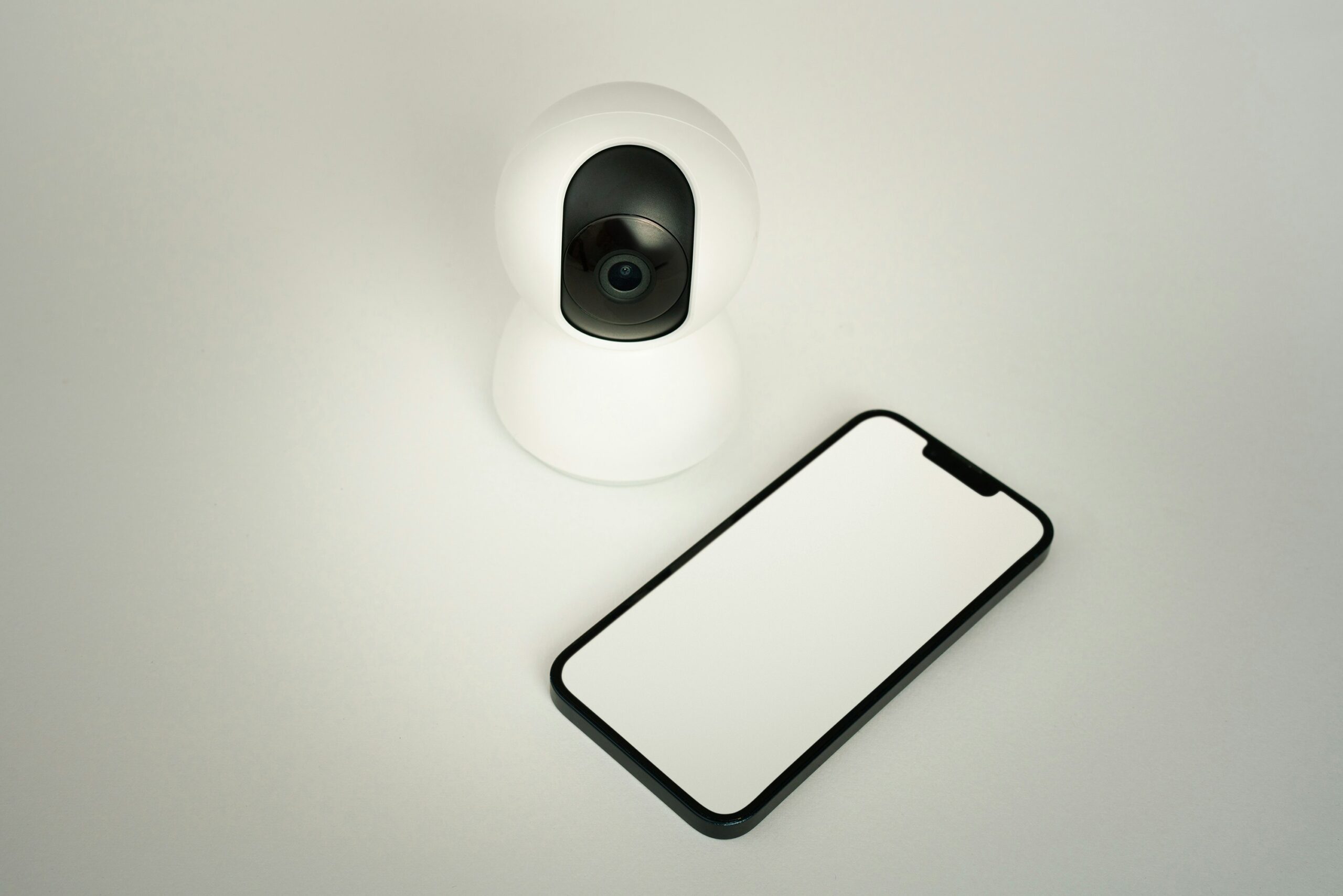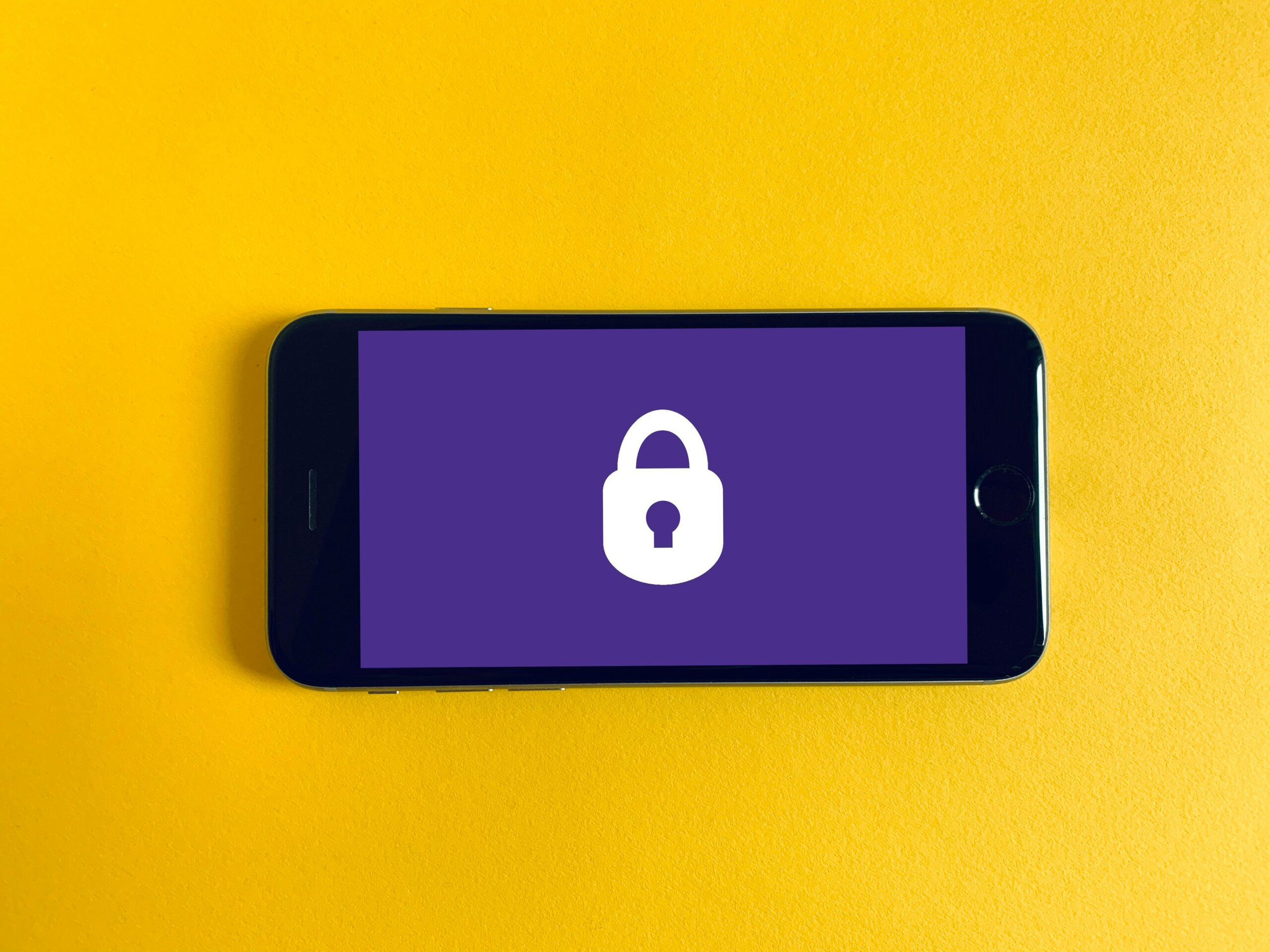While technology has made life more convenient, it has also opened the door for unauthorized monitoring and surveillance. Whether it’s a suspicious partner, a cybercriminal, or an overreaching employer, knowing if your phone is being monitored is crucial for protecting your privacy.
In this comprehensive guide, we’ll walk you through how to detect if your phone is being monitored, delve into the legal aspects, and provide actionable advice to safeguard your personal information.
Signs That Your Phone is Being Tapped
Unusual Battery Drain
One of the first signs of a monitored phone is rapid battery depletion. Spyware running in the background consumes significant power, causing your battery to drain faster than usual.
Increased Data Usage
A sudden spike in data consumption without a change in your usage habits could indicate that monitoring software is transmitting your information to a third party.
Strange Background Noise During Calls
Hearing echoes, static, or other odd sounds during phone calls may suggest that your conversations are being intercepted.
Unusual Device Behavior
- Delayed Shutdowns. Your phone takes longer than usual to shut down as it closes hidden monitoring applications.
- Unexpected Reboots or Shutdowns. Random restarts or shutdowns could be a sign of malicious software interfering with your device.
- Overheating When Not in Use. If your phone is warm when idle, background processes might be running without your knowledge.
Unknown Apps or Files
Finding apps or files you didn’t install is a red flag. Spyware often disguises itself as harmless applications or system files.
Unusual Text Messages
Receiving strange SMS messages with random symbols or numbers can be an attempt by spyware to communicate with its server.
Pop-ups and Ads
An influx of pop-up ads might indicate adware infection, which often accompanies spyware installations.

Common Methods Used to Monitor Phones
- Spyware and Malware. Malicious software can be installed on your phone to track activities, log keystrokes, and access personal information.
- Physical Access to Your Device. Someone with direct access to your phone can install monitoring apps or hardware without your consent.
- Network Monitoring. Hackers can intercept data over unsecured Wi-Fi networks, capturing information sent from your device.
- Cloning and SIM Card Duplication. Cloning duplicates your phone’s identity, allowing someone else to receive your calls and messages.
For a broader look at surveillance tactics and how to identify them, you might find our article on How to Know You Are Under Surveillance helpful.
Legal Aspects of Phone Monitoring
In most jurisdictions, monitoring someone’s phone without their consent is illegal and considered a violation of privacy rights.
Various laws, such as the Electronic Communications Privacy Act (ECPA) in the U.S., prohibit unauthorized interception of electronic communications. Unauthorized surveillance can lead to criminal charges, hefty fines, and civil lawsuits.
When Is Monitoring Allowed?
- Parental Monitoring of Minors: Parents may legally monitor their underage children’s devices for safety reasons.
- Employers Monitoring Company Devices: Employers can monitor devices they own, provided employees are informed and consent is given.
How to Protect Your Phone from Being Monitored
Protecting your phone from unauthorized monitoring is essential in today’s digital landscape. With the growing use of smartphones, it’s estimated that 1 in 3 people are concerned about their phone being monitored or hacked. According to a comprehensive review published by IEEE on malicious mobile applications, phone bugs, and other cyber threats, the risks associated with mobile device security are significant and ever-evolving. By taking proactive steps, you can significantly reduce the risk of your personal information falling into the wrong hands.
Here are some effective strategies to help you secure your device:
- Regularly Update Your Software. Keep your operating system and apps updated to protect against known vulnerabilities.
- Install Security Apps. Use reputable antivirus and anti-spyware applications to detect and remove malicious software.
- Be Cautious with Permissions. Only grant app permissions that are necessary for their function. Be wary of apps requesting excessive access.
- Avoid Public Wi-Fi Networks. Unsecured networks can be hotspots for hackers. Use a VPN if you need to connect to public Wi-Fi.
- Use Strong Passwords and Biometrics. Implement complex passwords and enable fingerprint or facial recognition to prevent unauthorized access.
- Regularly Check for Unknown Apps. Periodically review your installed apps and remove any that you don’t recognize.
- Factory Reset as a Last Resort. If you suspect persistent spyware, a factory reset can remove all software, including malicious programs. Remember to back up important data first.
For more tips on safeguarding your digital life, read our article on How to Protect Yourself Against Cybercrimes. Understanding the different types of cyber threats can also help you stay protected.

Frequently Asked Questions (FAQs)
What to Do If You Suspect Your Phone Is Being Monitored
Look for the signs mentioned above and consider using security apps to scan for spyware. Cybersecurity experts or private investigators can provide advanced tools and expertise to detect monitoring. If you have evidence of unauthorized monitoring, report it to law enforcement and consult legal counsel to understand your rights.
Can someone monitor my phone without physical access?
Yes, cybercriminals can install spyware remotely through malicious links, emails, or apps. Always be cautious with unknown sources.
How can I detect spyware on my phone?
Use trusted security apps to scan for spyware. Look for unusual behavior like battery drain, data usage, and unknown apps.
Is it illegal to monitor someone’s phone?
Without explicit consent, monitoring another person’s phone is generally illegal and violates privacy laws.
What are the signs of being hacked?
Signs include unexpected apps, unfamiliar account activity, passwords changing without your input, and contacts receiving messages you didn’t send.
Can resetting my phone remove spyware?
A factory reset can remove most spyware, but ensure you back up essential data and only restore from clean backups.
Conclusion
Protecting your privacy in a connected world is difficult, but by staying vigilant and informed about the signs of phone monitoring, you can take proactive steps to secure your personal information. If you suspect your phone is being tapped, act promptly to safeguard your data and consult professionals when necessary.At Privin, we’re committed to helping you maintain your privacy and security. Contact us for a free consultation to discuss your specific needs and learn how we can assist you in protecting your privacy.






